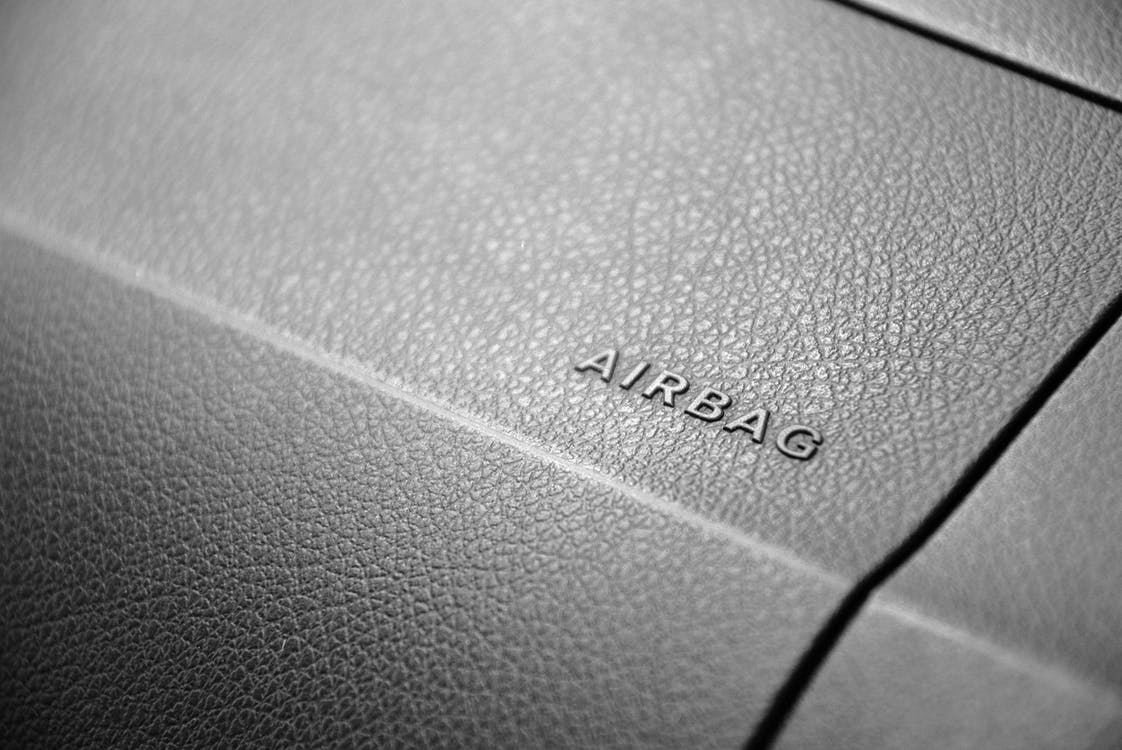Takata Airbags Are Still a Problem in 2017

The Takata airbag recall and the scandal surrounding it dominated the news in 2014, 2015, and 2016. While we may not hear about it as often in 2017, some significant developments in this saga happened during the first part of the year.
Takata Airbag Recall: An Overview
The Takata airbag recall resulted from a defective inflator mechanism in Takata airbags that cause the airbag to spontaneously inflate with explosive force. When this happens, shards of metal can project into the vehicle, causing bodily injuries to both the driver and passengers.
Federal authorities cite the defective airbag as the cause of many car crashes and multiple deaths. In total, the airbag recall affected 19 automakers and 42 million vehicles with models dating back to 2002. To date, up to 70 million defective airbags have been recalled and need to be replaced.
A Timeline of the Takata Airbag Recall
- 2014: The Scandal Breaks
Late in the year, the New York Times reported that Takata knew about the airbag inflator defect but continued to sell the airbags for years before they filed the proper paperwork with the National Highway Transportation Safety Administration (NHTSA). As a result, the NHTSA expanded the recall’s scope and automakers began agreeing to comply with the recall. - 2015: The Recall Grows
By May 2015, the recall expanded to include several more automakers and 33.8 million total vehicles, making it the largest auto recall of all time. To add more confusion to the recall, certain airbag inflators that had already been replaced needed to be recalled and replaced again.During 2015, the NHTSA also began fining Takata $14,000 per day for not cooperating with their investigation. By the end of the year, Takata faced civil penalties of up to $200 million. The NHTSA also required Takata to phase out the airbag inflators and recall all dangerous inflators currently in use. - 2016: 11 Total Deaths from Defective Airbags
In the spring of 2016, the recall expanded yet again to bring the total number of inflators recalled to 60 million. At this time, several different automakers were still installing the defective airbags in new cars.A few months later, the NHTSA confirmed the eleventh death from defective Takata airbags. Due to the seriousness of the problem, 2016 ended with the U.S. Department of Transportation releasing a new, more aggressive recall schedule going forward. - 2017: Takata Airbags Remain a Problem
Takata’s troubles continued into 2017. In January, the company had to expand the recall to include more vehicle models and additional airbags in currently recalled vehicles. The additional airbag recalls meant that a consumer who had already replaced the driver’s side airbag, for example, might now need to return to fix the passenger side airbag as well. Federal regulators also hit Takata with a $1 billion fine, which included criminal penalties and payments to the affected automakers.At the end of February 2017, Takata pleaded guilty to charges that they intentionally misled automakers about the defective airbags. However, the fight isn’t over for automakers, who now need to mount a defense themselves against accusations that they deliberately installed defective airbags in their vehicles.In March 2017, the recall expanded yet again. The NHTSA now reports that more than 14 million airbags have been replaced — a fraction of the up to 70 million airbags that have been affected by the recall. The NHTSA estimates that all defective airbags won’t be replaced until 2020.
The scope and impact of this recall are unparalleled in the history of automotive recalls. The Takata airbag saga is especially unique because the United States federal government managed and organized the recall — as opposed to Takata or the automakers — to ensure that the highest risk vehicles and regions were taken care of first.
Due to the size and extent of the recall and the unresolved nature of the problem, Takata is likely to continue dominating the news when it comes to vehicle recalls for the foreseeable future.
How to Check for Recalls
The lesson of the Takata airbag story for consumers is that it is important to take all vehicle recalls very seriously, no matter how big or small they may seem. If there is a recall on your vehicle, you should receive a notification in the mail. You can also check if your car is affected by the Takata airbag recall or any other recall by using the NHTSA’s Vehicle Identification Number (VIN) look-up tool at safercar.gov. If a recall exists that affects your vehicle, take your car to any authorized dealership so it can be fixed free of charge.
Hossley & Embry: Representing Victims of Takata Airbags and Other Auto Defects
Car crashes are devastating for everyone involved, and when a defective auto part causes or worsens a wreck, manufacturers need to be held accountable. The experienced auto defect attorneys at Hossley & Embry strongly believe that your safety and well-being should be the number one priority of automakers. Unfortunately, that is not always the case and, as a result, defective parts make their way into vehicles. That’s why our attorneys are committed to thoroughly investigating your claim, dealing with the insurance companies, and fighting for the justice and compensation you deserve.
Do you have an auto defect injury claim? Call our offices at (866) 522-9265, or fill out our convenient online contact form so we can schedule your free initial consultation. We have the resources, including charter aircraft, to travel throughout Texas and the United States on short notice to investigate your potential claim.
References
Takata recall update. (2017). Safecar.gov. Retrieved from https://www.safercar.gov/
Takata airbag recall: Everything you need to know. (2017, March 2). Consumer Reports. Retrieved from http://www.consumerreports.org/cro/news/2016/05/everything-you-need-to-know-about-the-takata-air-bag-recall/index.htm
The content provided here is for informational purposes only and should not be construed as legal advice on any subject.







